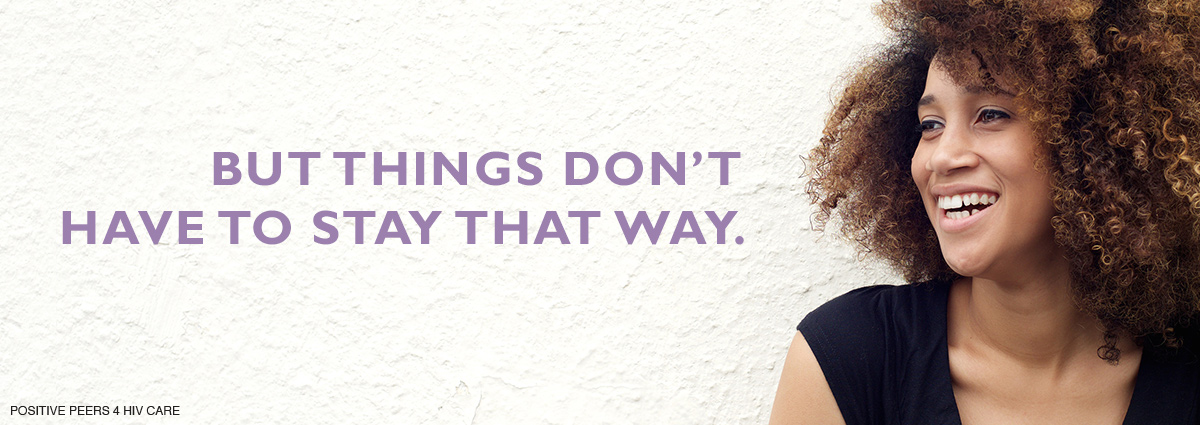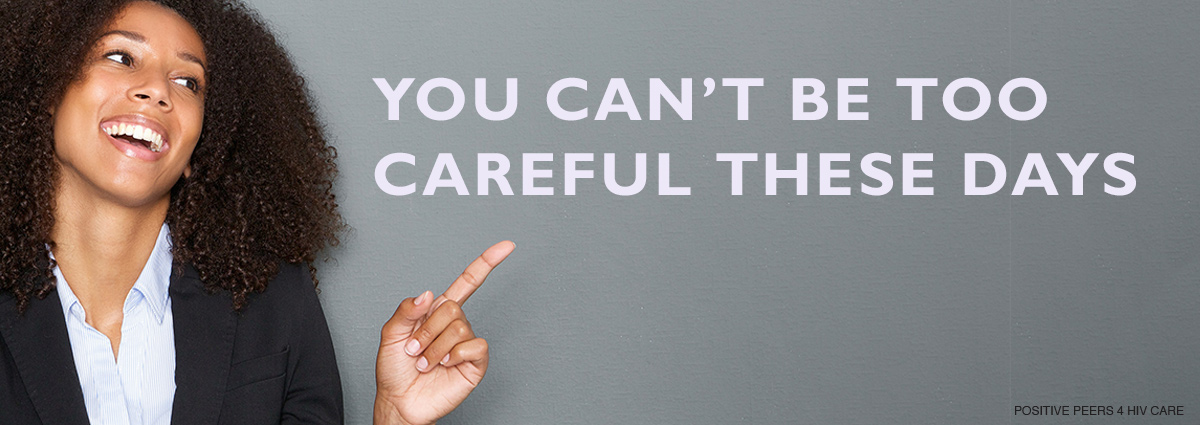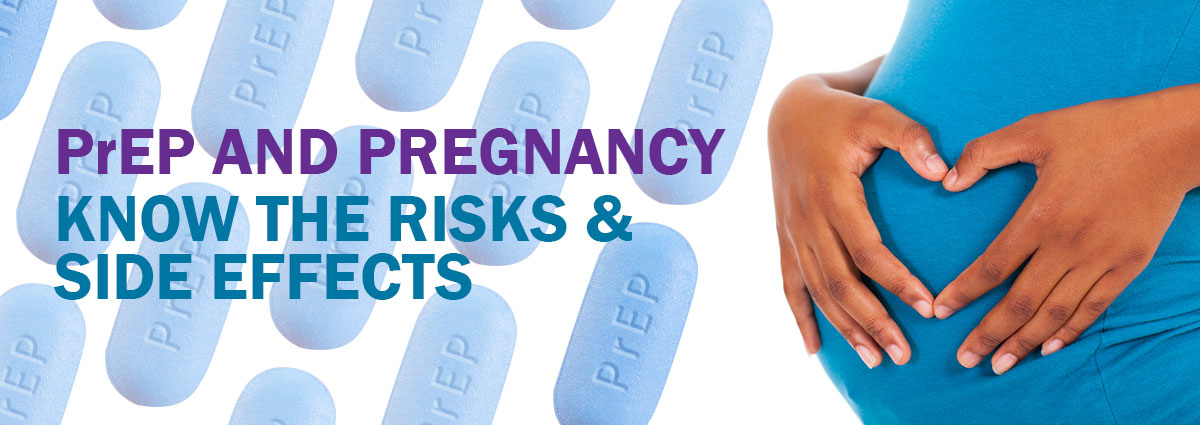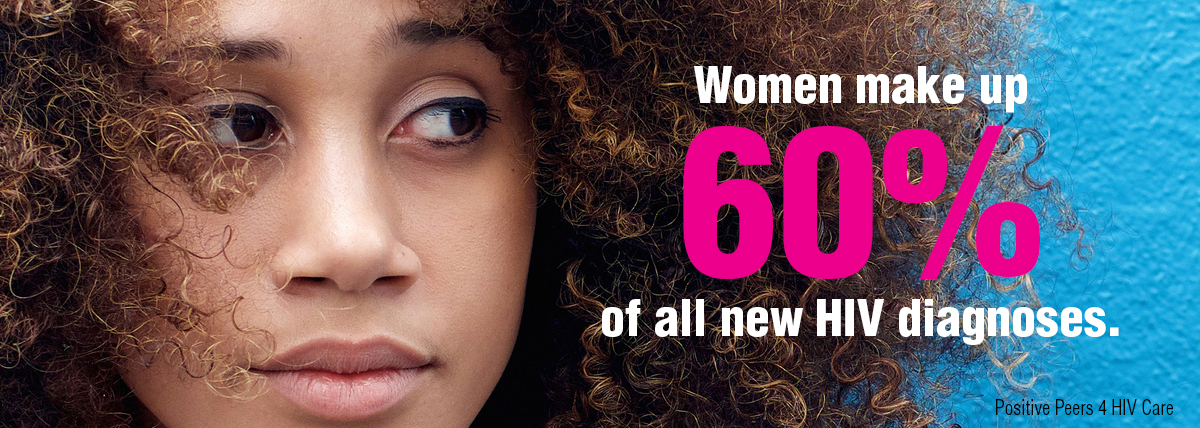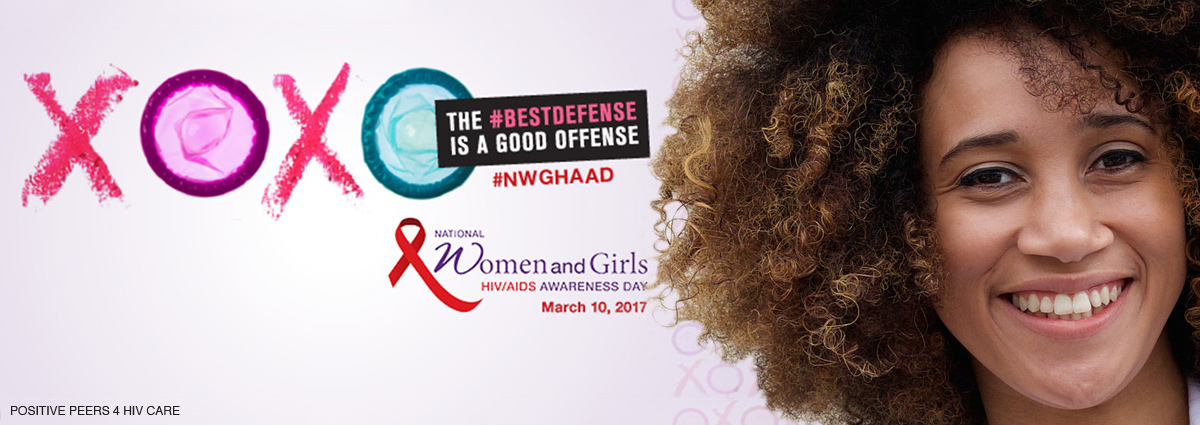
By: Jennifer McMillen Smith, LISW-S, HIV Social Worker at MetroHealth Medical Center and medically reviewed by Ann K. Avery, MD, Infectious Disease Physician at MetroHealth Medical Center
National Women’s and Girls HIV/AIDS Awareness Day is coming up on March 10. This is a great chance to remind people that HIV is not a “guy disease” or a “gay disease.”
Around the world, HIV is spreading fastest in heterosexual women. In the US, this is especially true for women of color. African American women made up over 60% of new HIV infections among women in 2013.
But things don’t have to stay that way.
That’s why the 2017 National Women’s and Girls HIV/AIDS Awareness Day is all about women taking the offensive to defend against HIV. Join us in reminding HIV who runs the world…that’s right…girls!
Here are some ways women might choose to reduce their risk:
- Using a fun variety of condoms (seriously, some even glow in the dark!)
- Regular HIV testing (it’s free, fast, and confidential)
- Reducing their number of sex partners
- Getting on pre-exposure prophylaxis (PrEP)
- Starting post-exposure prophylaxis (PEP) within 72 hours if someone thinks they were just exposed to HIV.
What else can you do for National Women’s and Girls HIV/AIDS Awareness Day? All kinds of stuff. There’s a walk in Washington, D.C., on March 10.
You can also spread the word in your hometown, plan a local event or post information to your Twitter, Facebook or Instagram feeds (here’s the link on National Women’s and Girls HIV/AIDS Awareness Day).
Come join our private, stigma-free, supportive community.
Health management tools with medication & appointment reminders.
Social networking in a community conversation & private chats.
A quick review of the biology of HIV in women
To put it bluntly ladies, we have two major entry points to defend from HIV: The vagina and the anus. These tissues are very soft and porous. If HIV-infected semen (cum) touches them, the virus can pass through to the bloodstream. Infection through oral sex is possible too, although it is less risky.
The good news is, HIV can’t infect anyone if it can’t get into the bloodstream! That’s why using protection like PrEP and condoms is so important.
You can’t be too careful these days
It’d be great if every guy told you that his recreational drug use included the occasional sharing of needles. Or that he is bisexual and has had unprotected sex with boyfriends in his past. However, that’s not always the case.
The only way to know for sure is to get tested. And if you have any reason for doubts when it comes to your partner(s), speak up! You deserve honesty and a little R.E.S.P.E.C.T. (sing it with me girl!)
Events like National Women’s and Girls HIV/AIDS Awareness Day is the perfect chance to bring up the subject and create a safe space for some #RealTalk. The more you both know, the better you can protect yourselves.
Related Blogs:
